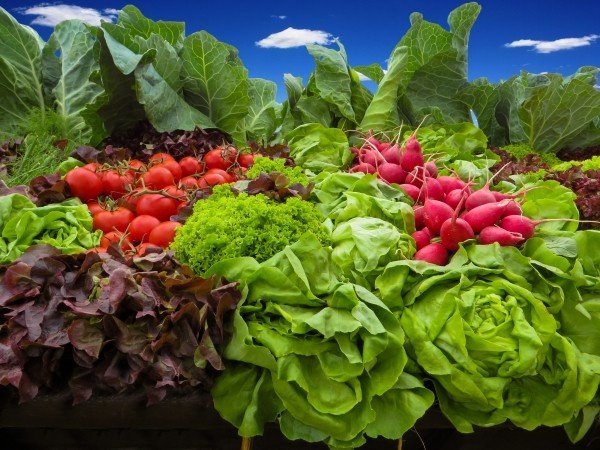Who says you can’t enjoy fresh fruits and vegetables in the wintertime? Here are five that are freshest—and most delicious—during the winter season. Plus, they’re all packed with antioxidants that help fight inflammation and can help maintain and improve heart health.
Oranges and Other Citrus Fruits
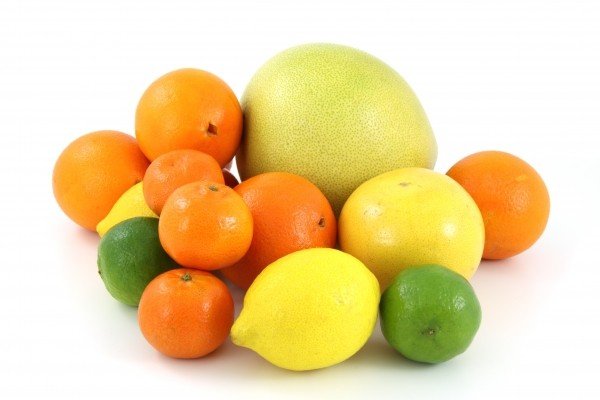
Lemons, tangerines, clementines, mandarins, and all varieties of oranges and their hybrids are to be found at peak flavor during the winter. You’ll also find many more varieties in grocery stores at this time of year, due to their being in season. This is the time to look for blood oranges and sweet Cara Cara oranges.
Packed with Vitamin C, citrus fruits are well known for being an integral part of an anti-inflammatory diet. Vitamin C is not only essential to a healthy immune system; it is also an antioxidant, capable of combating damage caused by free radicals—molecules that are largely responsible for the aging process and may play a role in causing cancer, heart disease, and other inflammatory conditions, such as arthritis.
Kiwifruit
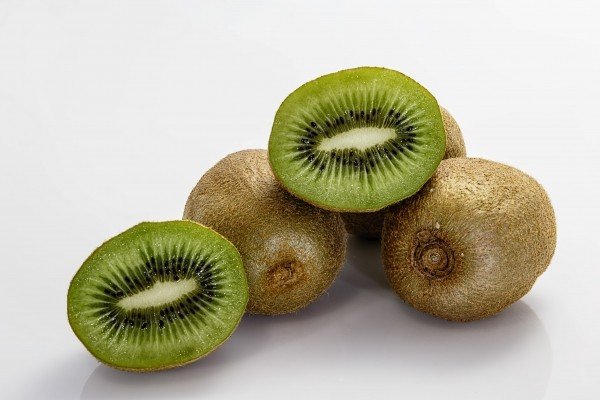
Kiwifruit is harvested throughout the winter and into spring in temperate areas where it grows well. This is another fruit that is high in Vitamin C and antioxidants, and thus boosts the immune system. It is also rich in dietary fiber.
Kiwifruit has both a tart and sweet flavor that makes it appealing as a low-calorie, highly nutritious snack.
Kale
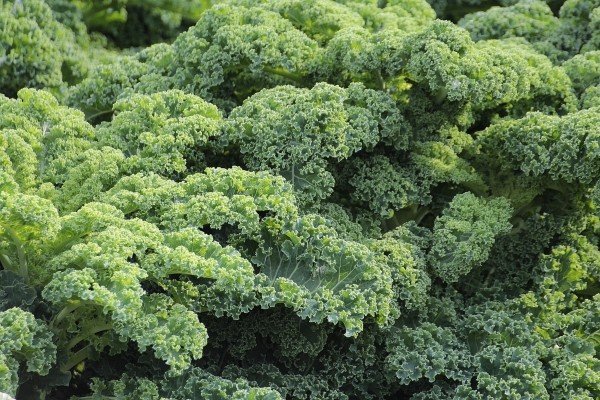
Kale may well be the king of winter’s dark, leafy greens. Dark green vegetables like spinach, broccoli, kale, and collard greens contain alpha-linolenic acid, a type of omega-3 fatty acid that inhibits inflammation. They also contain a number of vitamins that are known inflammation fighters and immunity boosters, like Vitamin A, Vitamin D, Vitamin E, and Vitamin K.
Looking for something new to do with kale? Here’s an easy and tasty sauteed kale recipe to try: https://cooking.nytimes.com/recipes/12874-sauteed-kale
Cabbage
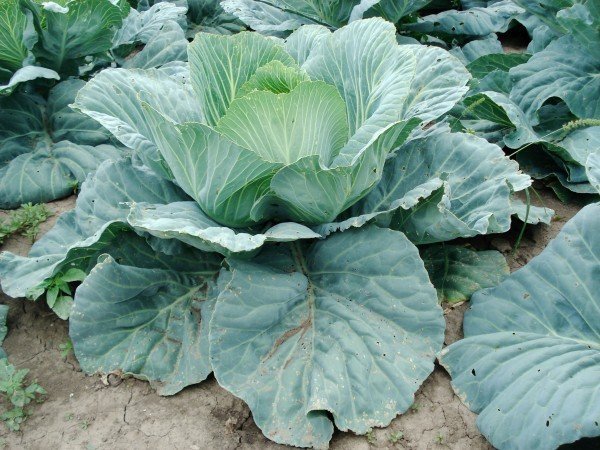
Cabbage tends to taste sweeter with cooler weather, a characteristic that has lent itself to the term “frost kissed.” Cabbage is full of nutrients, including Vitamin C, fiber, folate, magnesium, and potassium, as well as Vitamin K and Vitamin A.
Eating foods like cabbage that are naturally high in dietary fiber, magnesium, and potassium can help lower blood pressure and contribute to heart health.
It’s not uncommon to find stuffed cabbage rolls in many world cuisines. Although many are stuffed with red meat, here’s a healthier recipe for vegetarian cabbage rolls, prepared Mediterranean-style: https://www.themediterraneandish.com/vegetarian-stuffed-cabbage-rolls/
Winter Squash
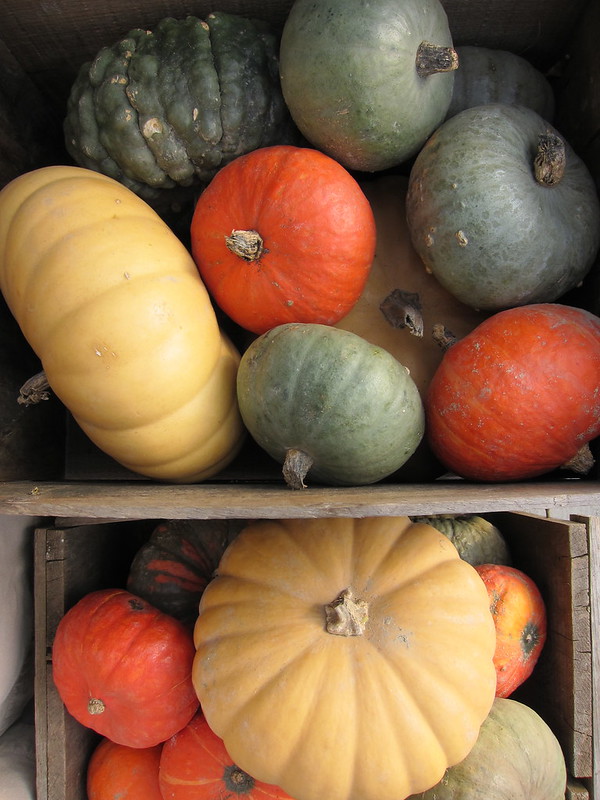
This category includes acorn, butternut, and spaghetti squash, all of which have health benefits. In addition to that all-important Vitamin C, these winter varieties of squash are high in beta-carotene (also found in carrots), which is necessary for the production of Vitamin A—which, in turn, is good for eye health.
Winter squash is also a good source of dietary fiber, which can help regulate blood sugar, improve colorectal health, lower cholesterol, and boost heart health all at once. Not bad for a humble squash!
A simple recipe for roasted butternut squash: https://www.allrecipes.com/recipe/229733/simple-roasted-butternut-squash/
Photo credit: Seacoast Eat Local on VisualHunt.com / CC BY-NCWant to learn more about how to keep your heart healthy? Sign up for my newsletter.
You may also enjoy reading:

